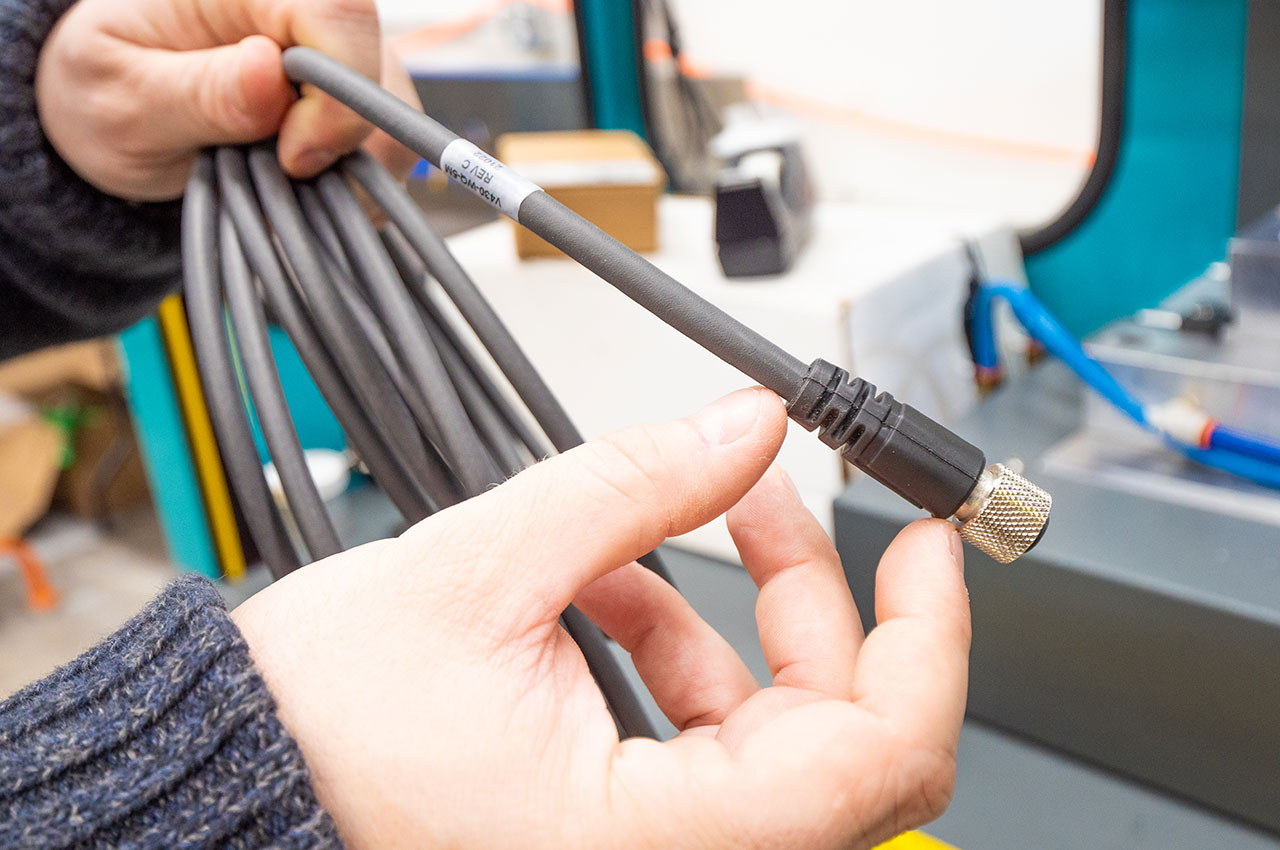Ways to encapsulate, protect and strain relief parts include adhesive heat shrink solutions, potting, high pressure injection molding, and low-pressure injection molding (LPM). For a cost effective solution, superior to the other methods because of ease of application, environmental characteristics and esthetic appeal LPM can be a good choice.
Technical Cable Applications offers low pressure molding solutions for your electronics and cable assemblies. Offerings include overmolding back shells or strain reliefs on wire and cable and overmolding directly over circuit boards and other components.
LPM molding compounds are Technomelt high-performance polyamide and polyolefin adhesive materials. They adhere to many substrates and for many applications will meet or exceed IP67. This provides protection from moisture, dust, and other contaminants.
When set up correctly, Technomelt applied directly over circuit boards will not cause damage to delicate components or solder to reflow. Dielectric strength, operating temperature, resistance to certain solvents and flammability ratings may be important to you. Contact TCA professionals – they are ready to help you make a material selection.
Advantages of LPM Over Other Methods
Adhesive Heat Shrink– LPM can be molded into shapes and over shapes not available with tubing. It can provide better environmental protection and is a much more elegant solution.
Potting– LPM requires far less setup, is a much faster to process with a cure time of seconds instead of hours, LPM can be molded into shapes not possible with potting. LPM molding compound fumes are not toxic.
High Pressure Injection Molding– LPM tooling costs are typically much lower. The material is injected at low pressure, so molds will last much longer. Set up times can be minutes instead of hours. The minimum order quantities can be small without additional cost. More delicate materials can be over molded in one step instead of having a requirement to pot or pre-mold prior to injection.
There are applications where the other methods might be the best choice. Technical Cable Applications offers product produced using these methods as well. Trained Specialists are ready to help with your cable assembly and electromechanical requirements. If you would like to learn more about TCA, please visit our website or watch our video tour.
